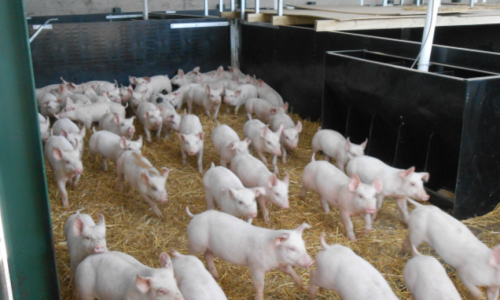Plastics in healthcare
"Whilst the medical benefits afforded by plastic are clear, the use of plastics should be reduced and rationalised wherever possible."
Zoe Halfacree
In this article, available via Veterinary Practice Magazine, Zoe Halfacree describes the plastic pollution problem, the use of plastics in healthcare and approaches to rationalising their use.
Supplementary materials
Plastics in healthcare – where to switch or adjust to reduce plastics use.
Simple switches to reduce plastic use in your practice:
Only switch for new stock ordered – don’t waste existing plastic consumables.
- Reusable scrub hats (e.g. AllScrubbedUp)
- Cardboard dispensing boxes and paper bags rather than plastics bags
- Reusable sharps bins and cardboard pharmaceutical waste bins (SharpSmart)
- Don’t use surgical scrub brushes as this is no longer considered necessary and can increase dermatitis
- Use surgical tins for kits or reusable sterilisation pouches instead of surgical wrap or single-use packs
- If you use sterilisation pouches only double wrap instruments on a rational basis (e.g. heavy instruments); use tip protectors to prevent pouch perforation.
- Don’t open an instrument “just in case”, unless its use would be truly urgent
- Use re-usable surgical drapes and gowns for suitable procedures
- Purchase a distilled water maker and stop purchasing it in plastic bottles
- Use hydrophobic sand instead of plastic beads for urine sample collection
- Reusable washable warm-air blankets
- Purchase theatre shoes rather than use of plastic shoe covers.
- Use socks, towels or blankets rather than bubble-wrap
- Use bamboo toothbrushes for cleaning clipper blades
- Look for plastic free alternatives for cleaning products or refill options
- Request that your wholesaler uses an alternative packaging to plastic
- Use cardboard folders for puppy and kitten packs instead of plastic
- Use and stock plastic free or compostable dog-poo bags
- Use and stock alternatives to plastic pet accessories e.g. Becopets use natural materials.
- Purchase metal cans of dog food rather than plastic pouches
- Use a re-usable polyurethane coated wipeable apron when handling routine patients (e.g. during clipping).
Changes to make use of plastics more eco-friendly:
- Ensure that waste in your practice is properly segregated (can the plastic be recycled?), to minimise the plastics that are incinerated in clinical waste.
- Syringes with less plastics e.g. BD Emerald is made of 30% less
- Switch from infusion bags made of PVC to Low density polyethylene (LDPE) e.g. BBraun. These can be recycled if they only contain saline and have not been spiked with any pharmaceutical agent.
- Use recyclable sterilisation pouches (Millipledge).
- Use bioplastics Personal protective equipment for examination gloves and aprons. IMS Green range.
- Use waste bags and buster collars made from recycled sources (e.g. Green bag).
- Take a very careful look at the plastics you use and recycle where you can.
Full article - Plastics in healthcare
Available via Vet Practice Magazine.



